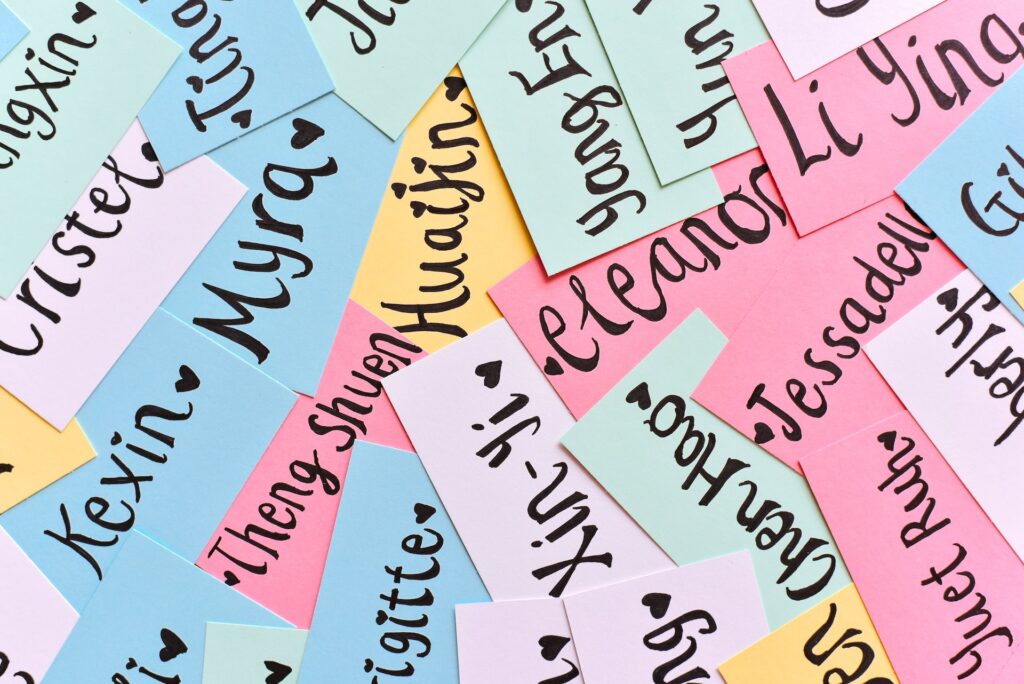Writing
Why It’s OK To Use Repetition in Your Writing
Anyone who did a creative writing class at school will remember the lesson to avoid repetition in your writing. I’m here to give you some bad news. Without context, that is terrible advice.
Of course, it’s important to vary your words, but avoiding repetition in your writing at all costs leads to bigger mistakes that need to be unlearned. For those unlearning the bad habits instilled by poor advice, here is the most important thing I can say to you: clarity is more important than variety.
Go easy on the synonyms
The biggest mistake that writers often make is to overuse synonyms to replace perfectly normal words. One of the most common ways synonyms are overused is when describing a character’s physical traits. Many are so overused that they’ve become clichés.
There are literally hundreds of posts on social media lamenting the overuse of synonyms for eyes or colours. “Orbs,” “pools,” and “spheres” are just a few of the ways that writers incorrectly use synonyms to describe eyes. “Emerald orbs” or “amber spheres” may sound poetic, but they’re certainly not clear.
Before you spend too long looking for a synonym to avoid repetition in your writing, ask yourself this one simple question. Does this word make my meaning clearer? If the answer is no, then stick to clarity. Why use “orbs” when “eyes” will do?
Don’t be afraid to name your character
In order to prevent repetition, many writers try to avoid using their characters names too often. What frequently results is a revolving cast of character descriptions that can get confusing for the reader.
If you’ve introduced your character by name and described the kind of person they are, then their name is the most simple way to describe them from that point forward.
It’s ok to say “Dave” instead of “the blonde” or “the Italian.” Dave may indeed be a blonde Italian, but so are many other people. There’s only one Dave in your story though, so don’t be afraid to name him.

He said, she said
I remember my teachers at school drumming into me that it was a cardinal sin to repeat the word “says” when writing dialogue. While I can see the theory behind the advice, on its own, that advice is terrible. Avoiding “say”, “says”, or “said” to reduce repetition in your writing often just results in another kind of repetition.
What most people do is replace “say” with synonyms. Using “She grinned,” “he laughed,” “she spat” may feel like you’re reducing repetition, but all it’s doing is reinforcing a repetitive cadence. Instead, don’t be afraid to use “says” and look at reframing your sentences instead, or using additional words after “said” to show your character’s emotion (the Emotion Thesaurus is a great resource to help with this).
Rethinking the sentence will result in more diversity in your writing and create a better rhythm. It will genuinely avoid repetition instead of just simulating it. This same rule also applies to adverbs.
That’s not to say you should avoid synonyms altogether. Synonyms are important for variation – but they’re not enough on their own. It’s easy to let them become a crutch or a way to cheat your way out of repetition. Think about your words as a full picture, not just as a like-for-like substitution.
Think about your genre
When it comes to avoiding repetition in your writing, one thing to consider is who you’re writing for. Your audience will have a significant impact on your word choices. Children love repetition, so repeating themes, cadences, phrases, and words can leave a positive impression on your readers in a way it wouldn’t with an adult audience.
In children’s fiction, repetition is often used to emphasise and educate. The key here is that it’s intentional. It’s easier to commit to repetition for the sake of emphasis than to commit to repetition for the sake of clarity, so we must think of them as two sides of the same coin.
Knowing how and when to use repetition is hard. The essential part of any writer’s craft is clarity – if repetition helps you get your idea across in the clearest way, don’t be afraid to use it.